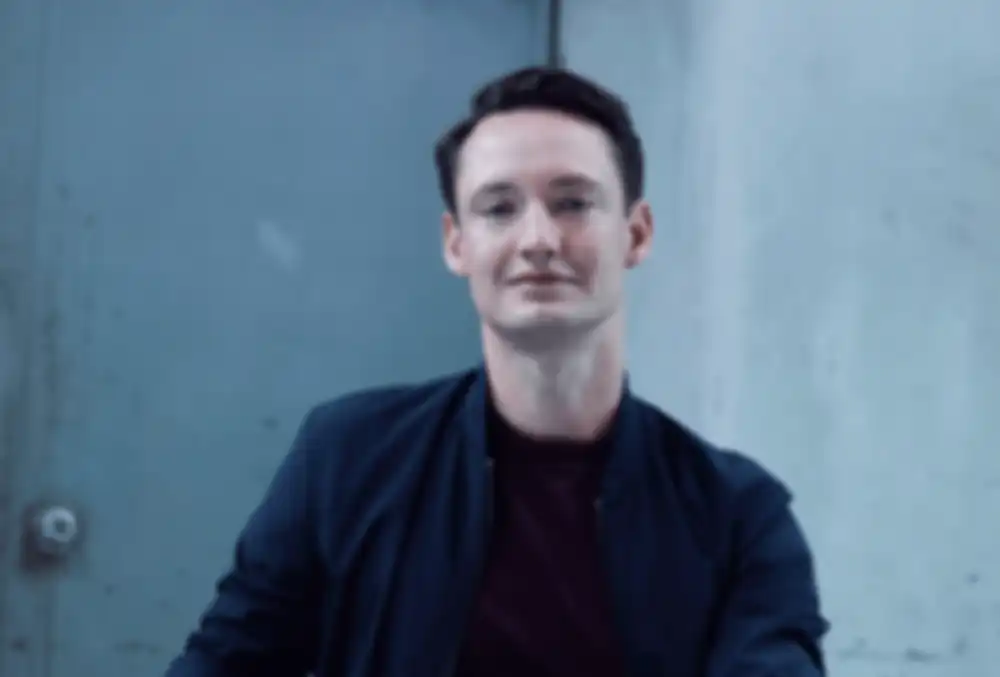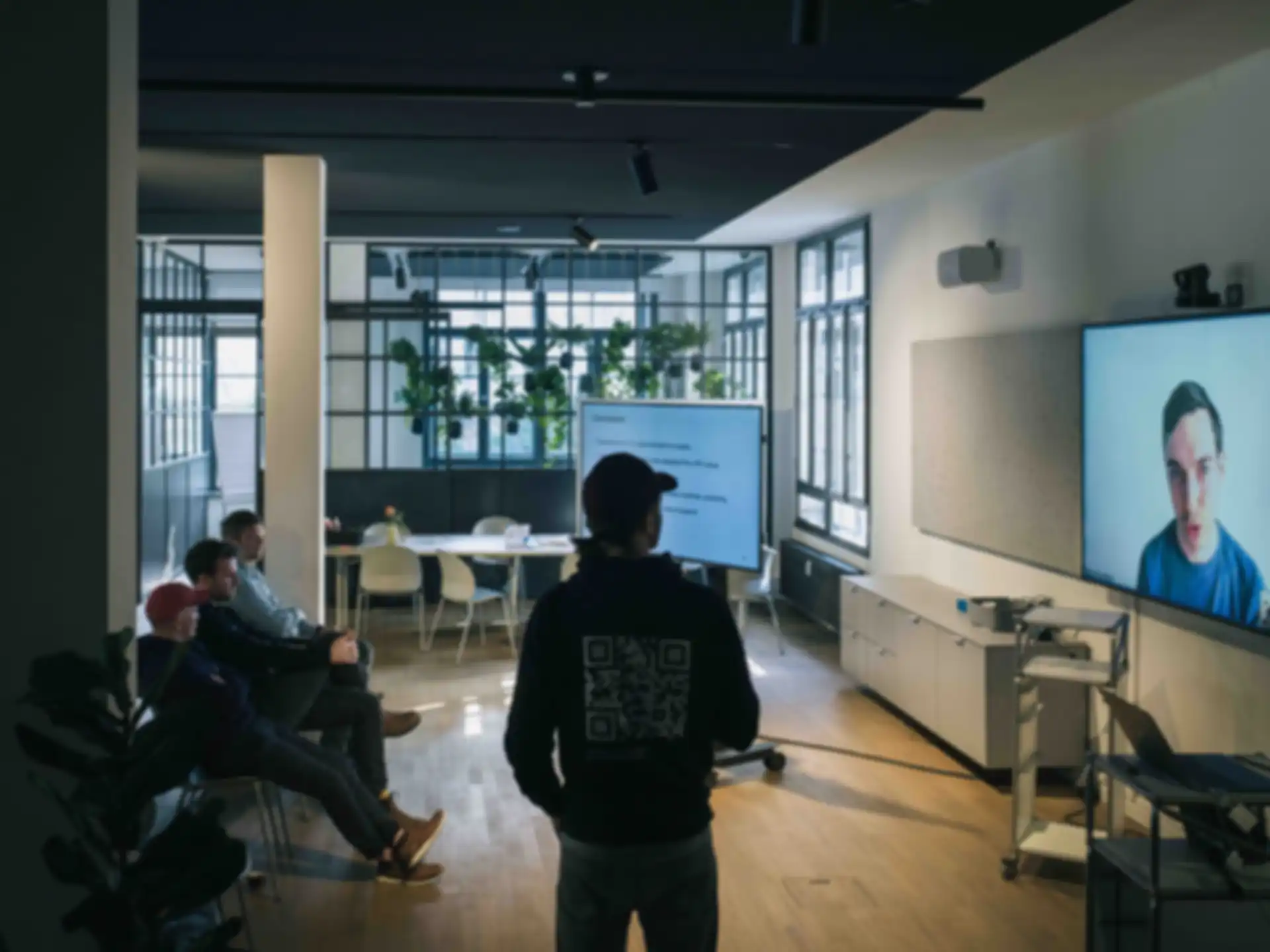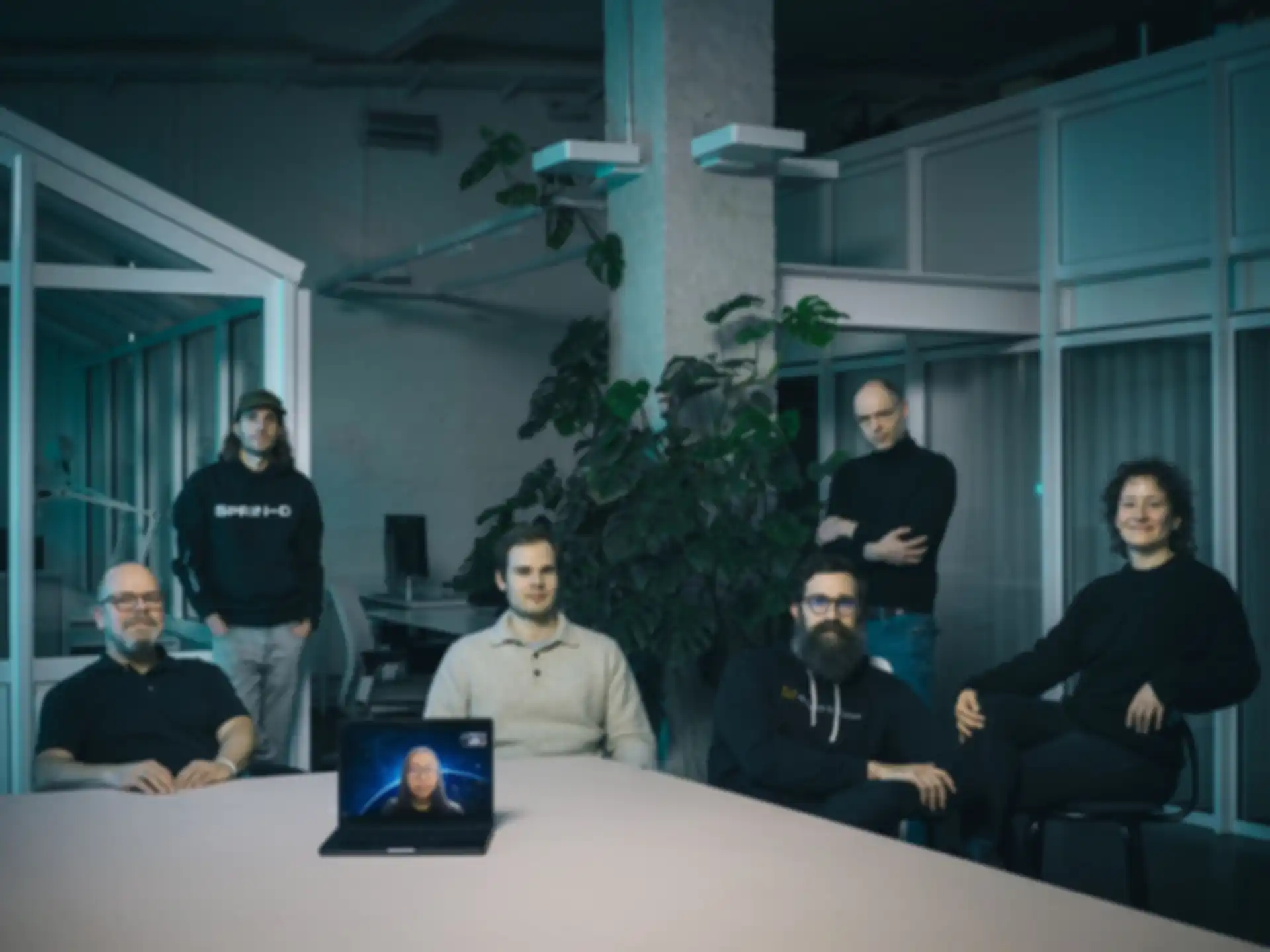Your Challenge:
Composite Learning

AI is revolutionizing industries like healthcare, finance, and automotive, but only the biggest players have the resources to develop the most powerful models. High-performance training still depends on costly, centralized data centers, limiting access for SMEs and startups—especially in Germany and Europe, where advanced computing resources lag behind.
Composite Learning combines distributed, decentralized and federated learning, offering a new approach to AI and allowing models to be trained across diverse systems without the need of centralized data centers. This method lets organizations collaborate and train models securely, preserving data privacy and making cutting-edge AI accessible to more companies. However, new solutions are needed to overcome the limitations of today’s systems, such as a lack of compatibility between different devices, communication bottlenecks, and reliance on central update servers.
00:00
The task: Your mission is to create a robust, scalable framework for Composite Learning that can handle AI training across diverse, decentralized systems.
The focus is on developing solutions that enable efficient model training on heterogeneous Hardware, from high-performance GPUs to CPUs of different types and manufacturers. Solutions must also be resilient, dynamically adapting to computing resource fluctuations and device outages. The teams will deliver a functional core for this framework as open source, which will serve as the foundation for further development, including commercial services and proprietary product features.
The SPRIND Challenge spans 30 months over three stages. A jury of distinguished experts will assist SPRIND in evaluating the applications and choosing up to ten teams to participate in Stage 1.
SPRIND provides substantial, tailored support throughout each phase of the challenge, including financial backing and direct access to a network of experts and potential collaborators. For Stage 1, teams may receive up to EUR 530,000 (plus VAT), with funding based on each team’s projected costs. After each stage, the jury will review interim results, evaluating which teams display the strongest potential for transformative innovation. Up to seven teams will advance to Stage 2, with funding of up to EUR 520,000 (plus VAT) per team. For those moving into Stage 3, SPRIND will provide up to EUR 600,000 (plus VAT) to support further development and implementation.
On January 29 and 30, 2026, the expert jury selected five teams for stage 2. Stage 2 will run until the next jury session at the end of October 2026.
Teams
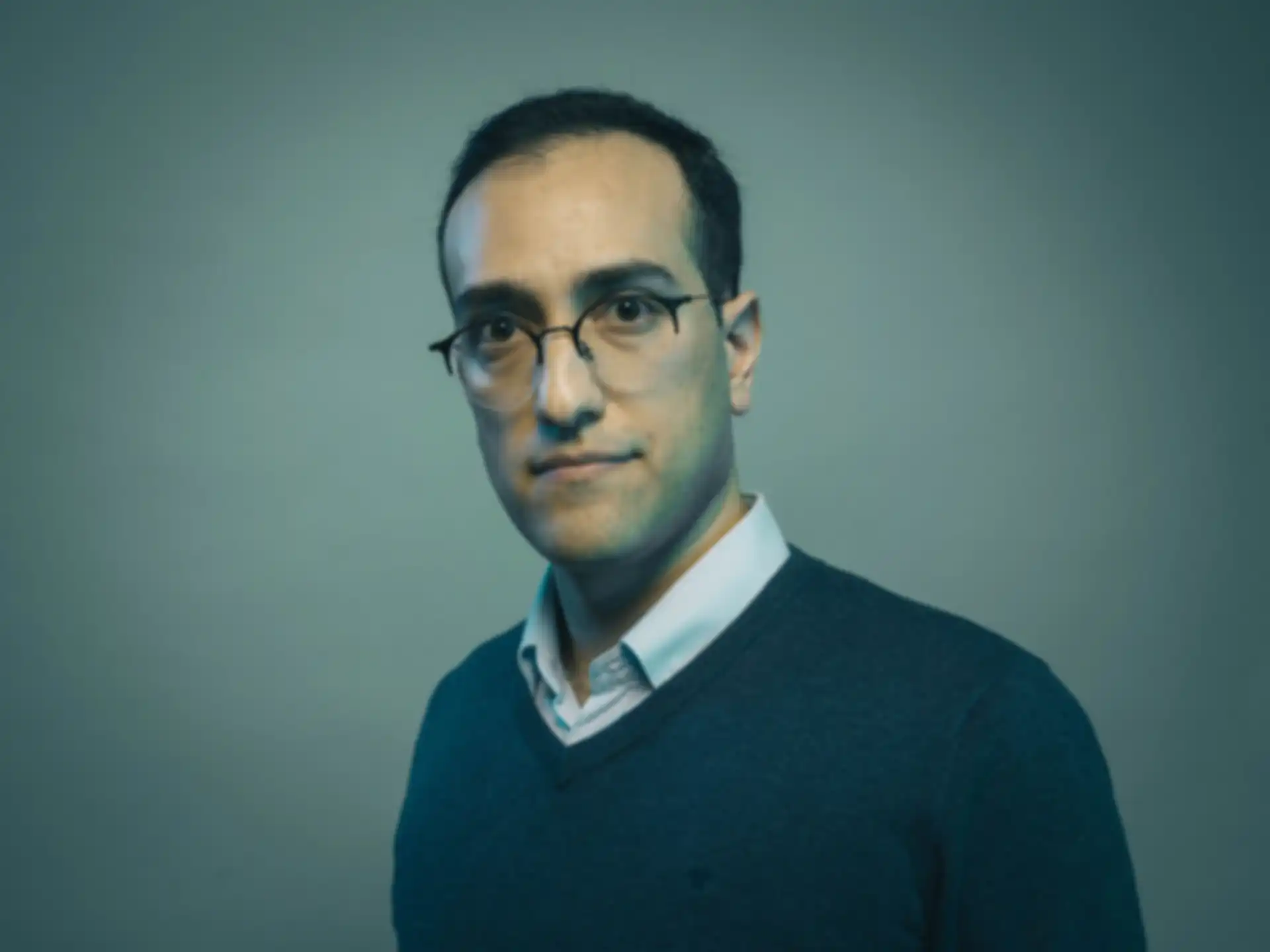
SymphonyLearn

Planetary Compute Platform
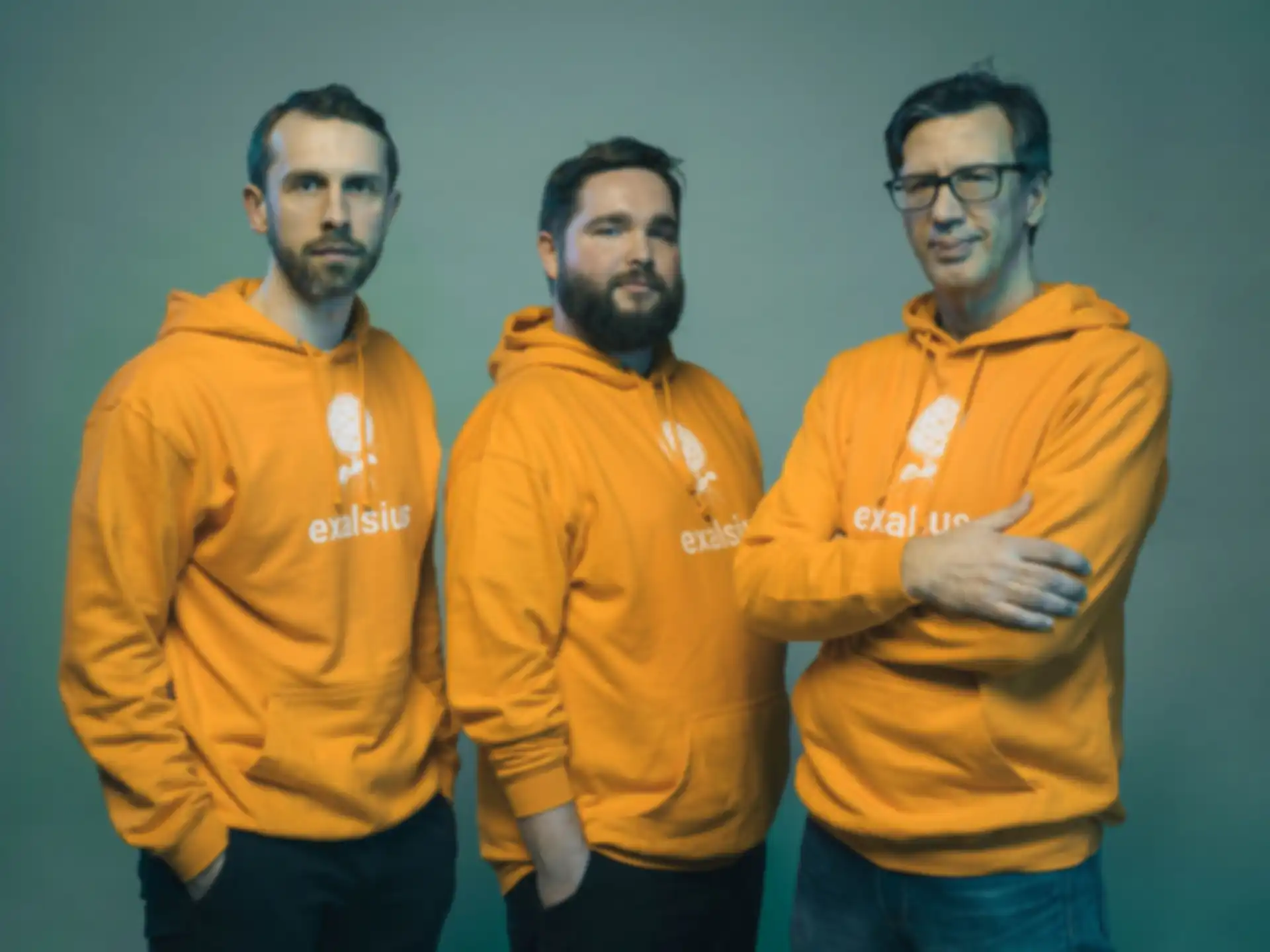
exalsius
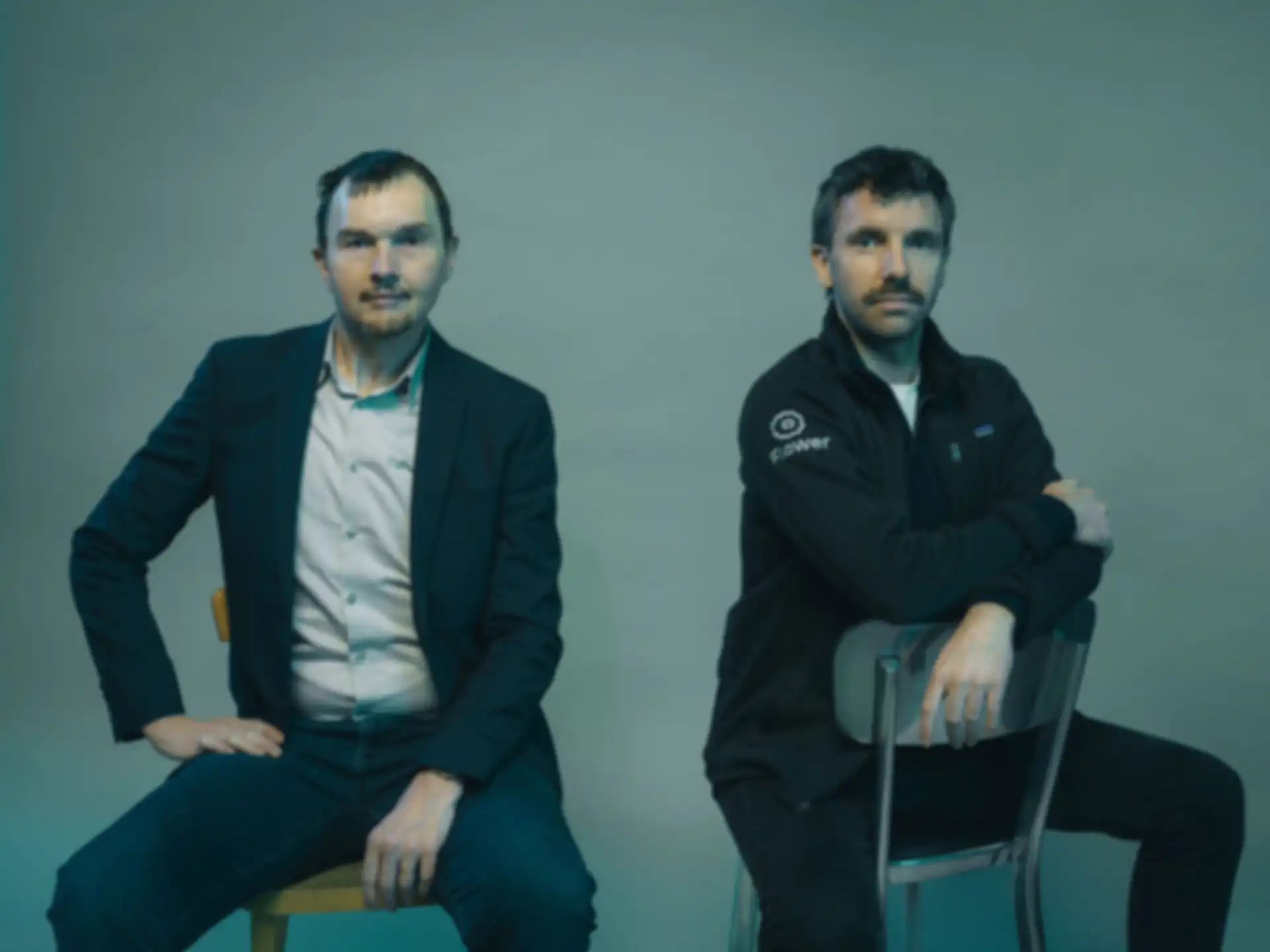
CambridgeFlower
Jury

Johannes Otterbach
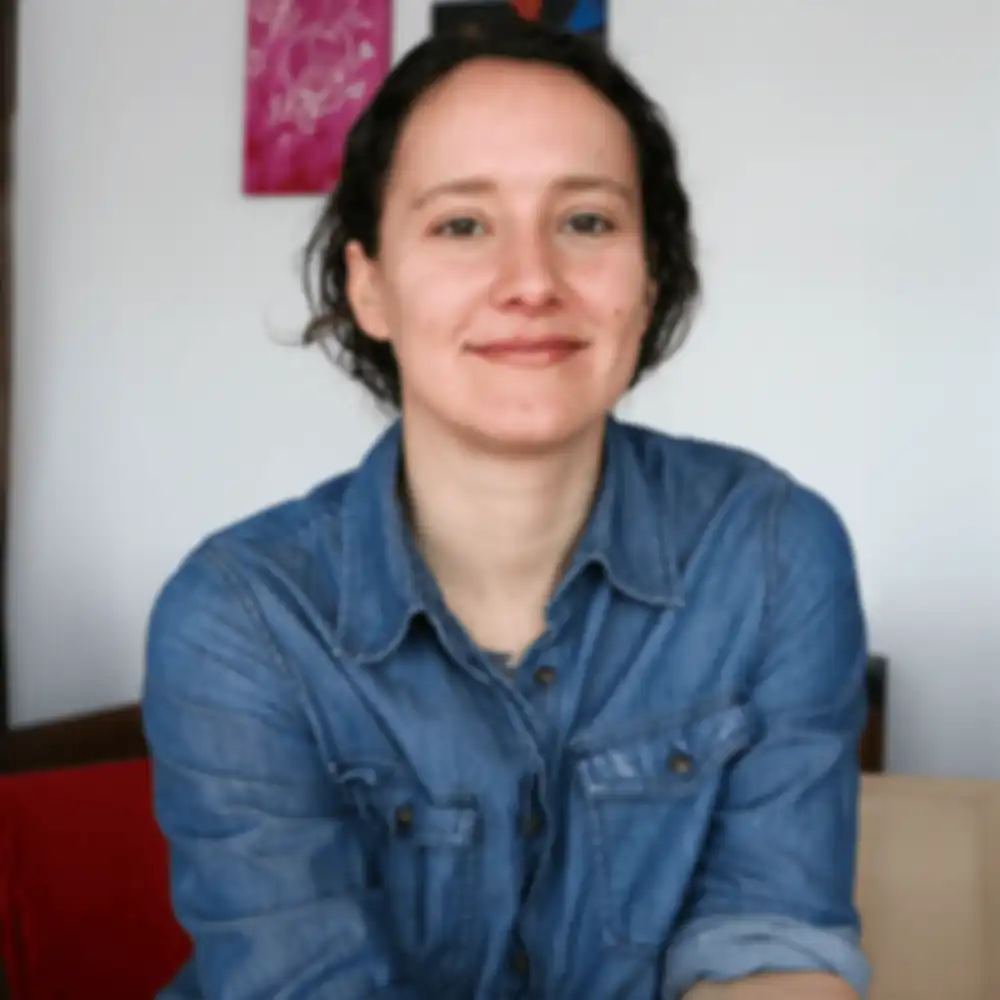
Katharine Jarmul
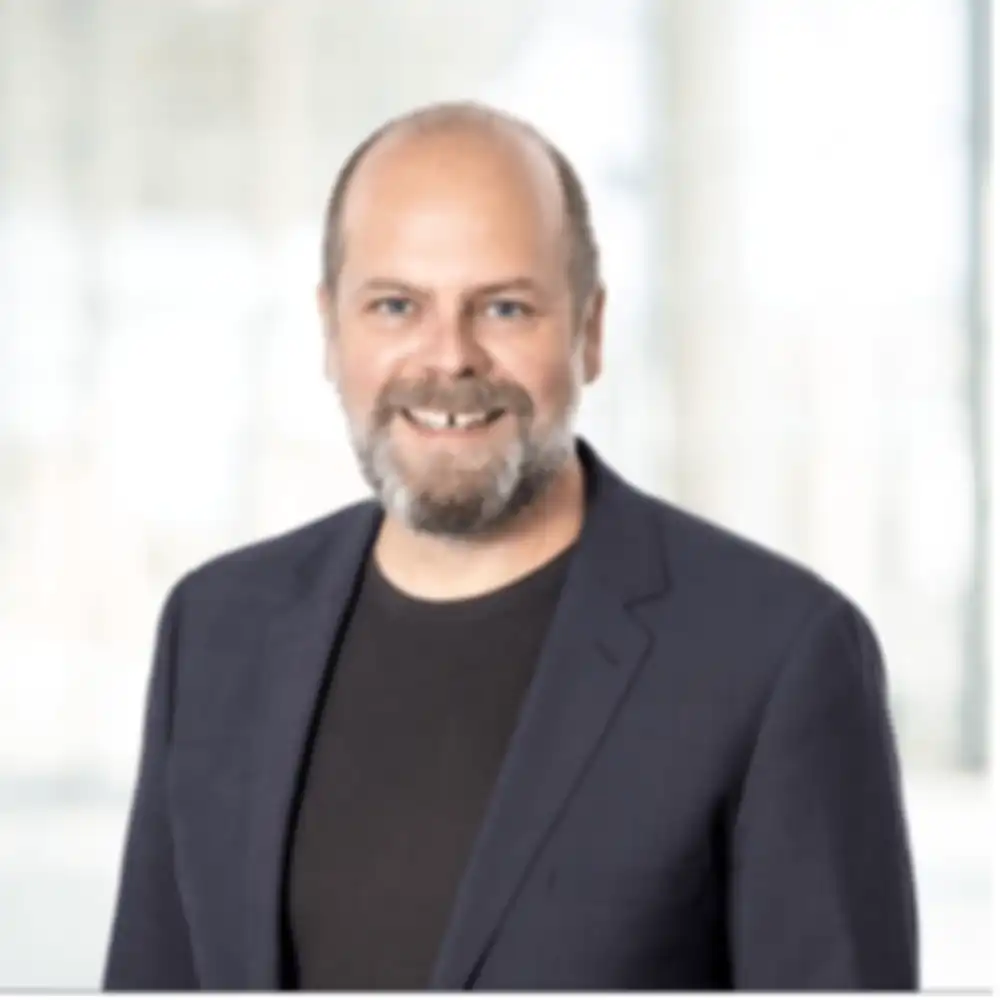
Dr. Wolfgang Stille

Tian Li

Hans Ramsl

Gerhard Wunder
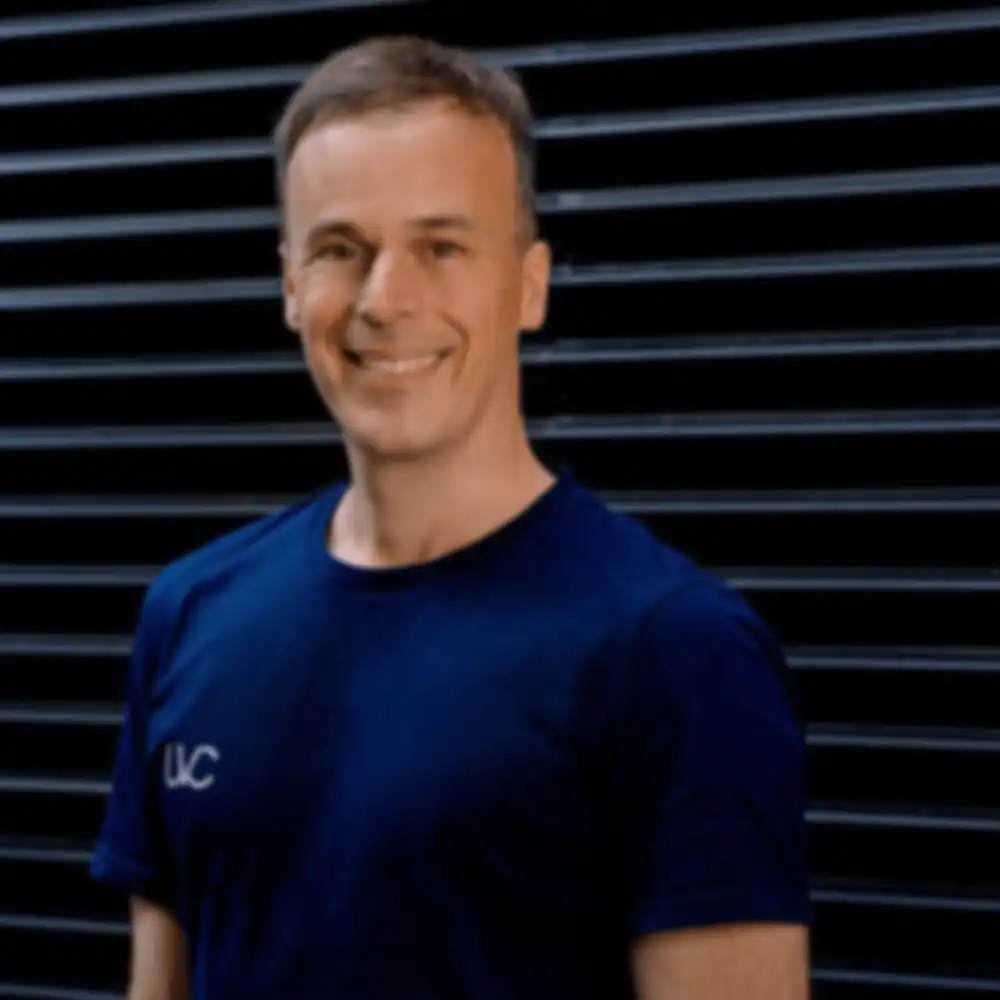
Andreas Unseld

Marc Alexander Kühn
Do you have any questions about the Challenge? Write to us at challenge@sprind.org.
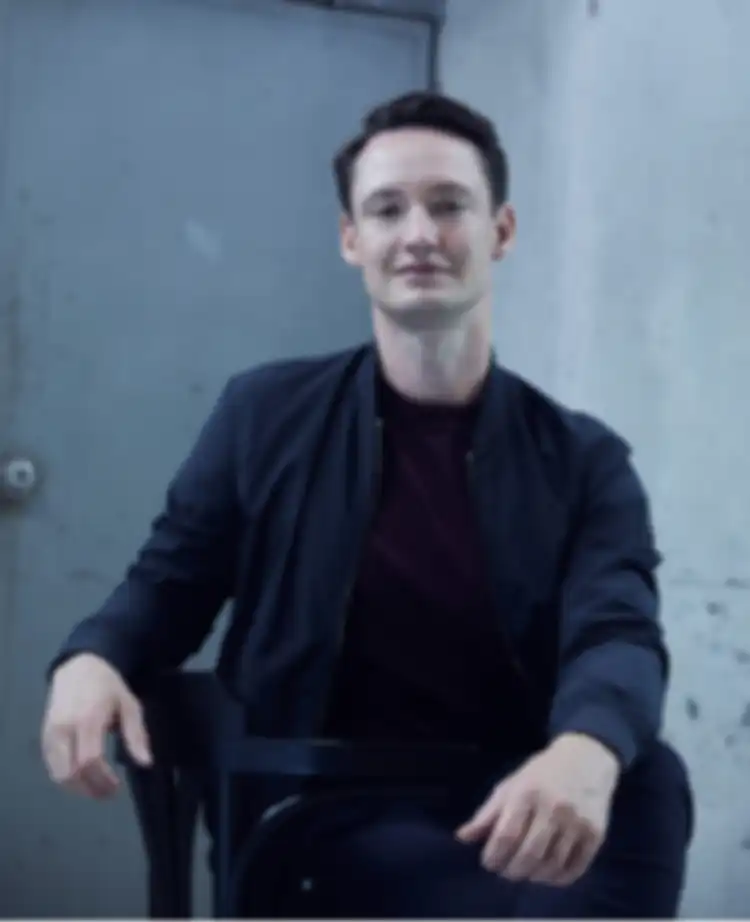
More Challenges and Funken
